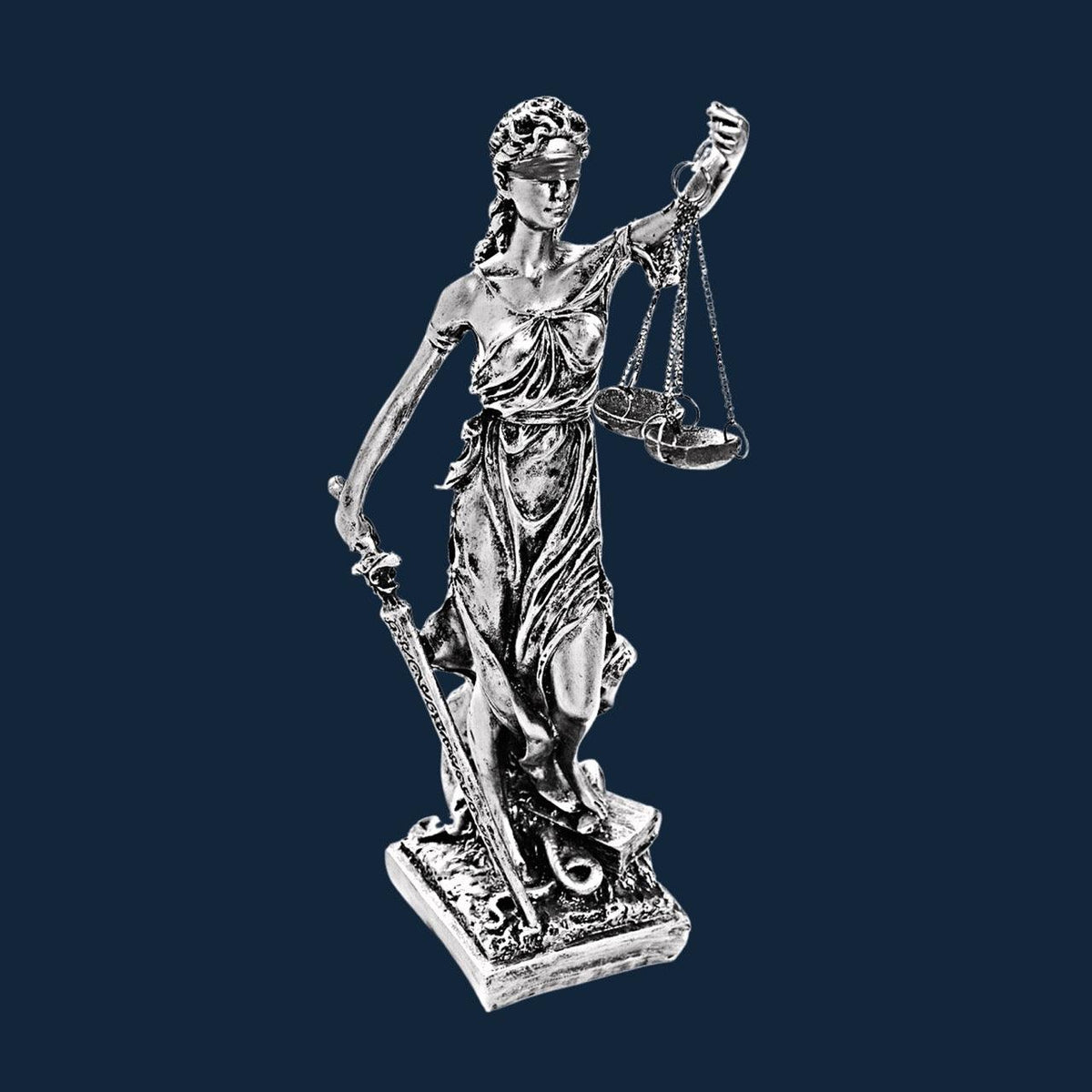Dike The Goddess of Justice in Ancient Greece
Jun 27, 22

Dike The Goddess of Justice in Ancient Greece
Dike is a word that means both justice and duty. It's also the name of a goddess in ancient Greek mythology. She was the goddess of justice, and she enforced the laws of her people.
Many ancient cultures believed in a higher power who watched over them and made sure they followed the right path. The Greeks identified this higher power as their dike or goddess of justice.
Dike is usually depicted as an older woman with long, flowing hair, wearing a long dress and holding scales that represent equal weights for everyone.
She has little wings on her back and sandals on her feet to signify her role as a mortal rather than one of the gods.
Why Did the Ancient Greeks Believe in a Goddess of Justice?
In ancient Greece, the law was very important, and the people believed that if they didn't follow the law, the gods would punish them.
So, the people tried to be good citizens and obey their laws. Many ancient cultures believe in a higher power who watches over them and makes sure they follow the right path.
The Greeks identified this higher power as their dike, or goddess of justice. Dike is usually depicted as an older woman with long, flowing hair, wearing a long dress and holding scales that represent equal weights for everyone.
She has little wings on her back and sandals on her feet to signify her role as a mortal rather than one of the gods. This goddess was not only the goddess of justice, but she was also goddess of law, order, and morals.
Dike's Appearance
Dike is usually depicted as an older woman with long, flowing hair, wearing a long dress and holding scales that represent equal weights for everyone.
She has little wings on her back and sandals on her feet to signify her role as a mortal rather than one of the gods.
This goddess was not only the goddess of justice, but she was also goddess of law, order, and morals.
Dike's Powers and Abilities
Dike has incredible powers and abilities. For example, she can see everything that happens in the world, and she can even change the laws of the world so things go in the right direction.
She has the power to punish those who choose to break the law and help them see what they're doing wrong. Dike can also choose to give humans good or bad traits, and she can decide what happens to people after they die.
She can even decide the weather to help crops grow and make sure everyone in the world gets enough food.
Dike's Symbolism
Dike has many symbolic meanings. One of these is the idea of justice. In the ancient world, people believed that if someone broke a law, then the goddess of justice should punish them for their actions. Dike also has wings on her back to signify that she is a mortal goddess.
This shows that she is more human than any of the other gods. Dike is also often depicted with scales that represent equal weights for everyone.
She wears a long dress to indicate that she is a goddess and mortal at the same time. This means that she is not above the laws of the people.
How did Dike become the goddess of justice?
In ancient Greek mythology, the goddess of justice, Dike, was only mentioned in stories and poems.
There are no writings that explain how she came to be the goddess of justice. Some scholars believe that ancient people created her to teach the people about justice and order.
Others believe that Dike was actually the original goddess of justice and had been forgotten because she was so rarely mentioned. The fact that she was associated with law, order, and morality may indicate that she was once the goddess of a larger pantheon of gods.
Conclusion
The ancient Greeks believed that a goddess called Dike existed and was the goddess of justice. She had the ability to punish people who committed crimes and to help those who needed assistance.
She was also the goddess of law, order, and morals. The Greeks believed that she was one of the gods, but she was actually a goddess who had been forgotten.
This goddess is mostly known from ancient poems and stories, so she is rarely mentioned in any other writings. In fact, she was only mentioned in a book written by a man in the fourth century called Rhetoric.





